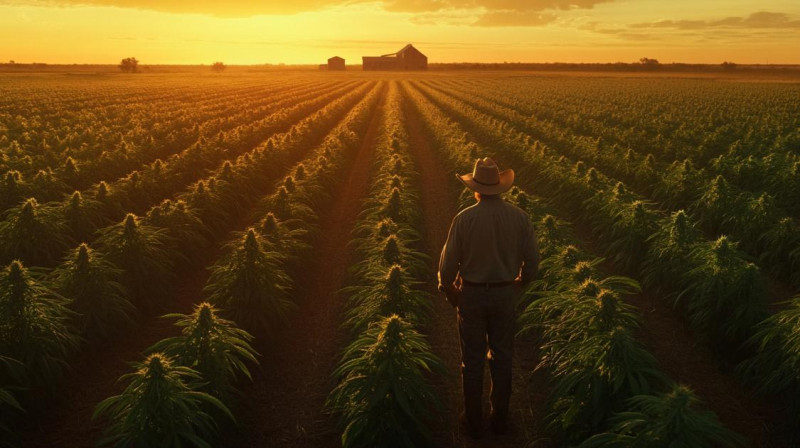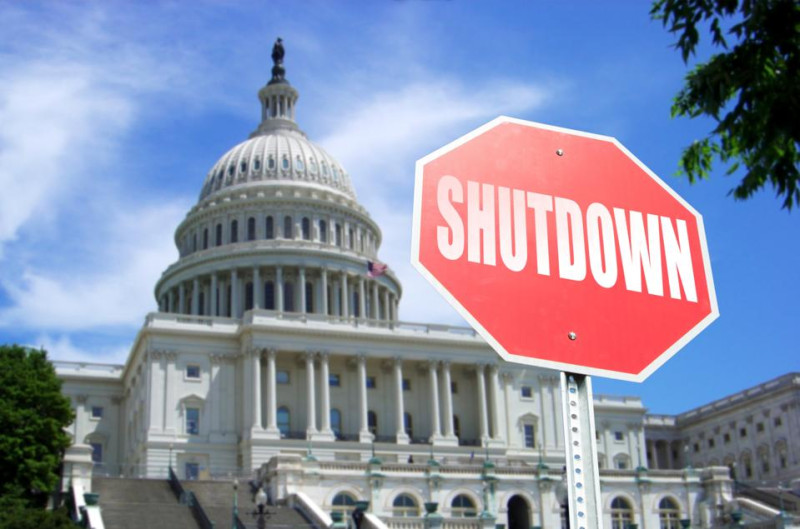The federal government is set to implement a ban on tetrahydrocannabinol (THC) in 2026, raising concerns among the hemp industry. This move comes after a series of debates and discussions aimed at regulating cannabis-derived products more strictly. The proposed ban would limit THC content to 0.3%, effectively distinguishing between industrial hemp and marijuana.
In addition, there are reports that a similar but less stringent ban on THC could be enacted as early as 2025, targeting the sale of products with higher THC levels. This potential hemp ban would significantly impact farmers who rely heavily on hemp cultivation for their livelihoods.
The proposed regulations are part of a broader effort to address public health concerns and ensure that products marketed as hemp do not contain psychoactive compounds. However, critics argue that such bans could stifle innovation in the industry and lead to economic hardships for many businesses dependent on THC-containing products.
As these developments unfold, stakeholders across the agricultural and pharmaceutical sectors are closely monitoring the situation, preparing for potential changes that could reshape the landscape of cannabis-derived industries.



